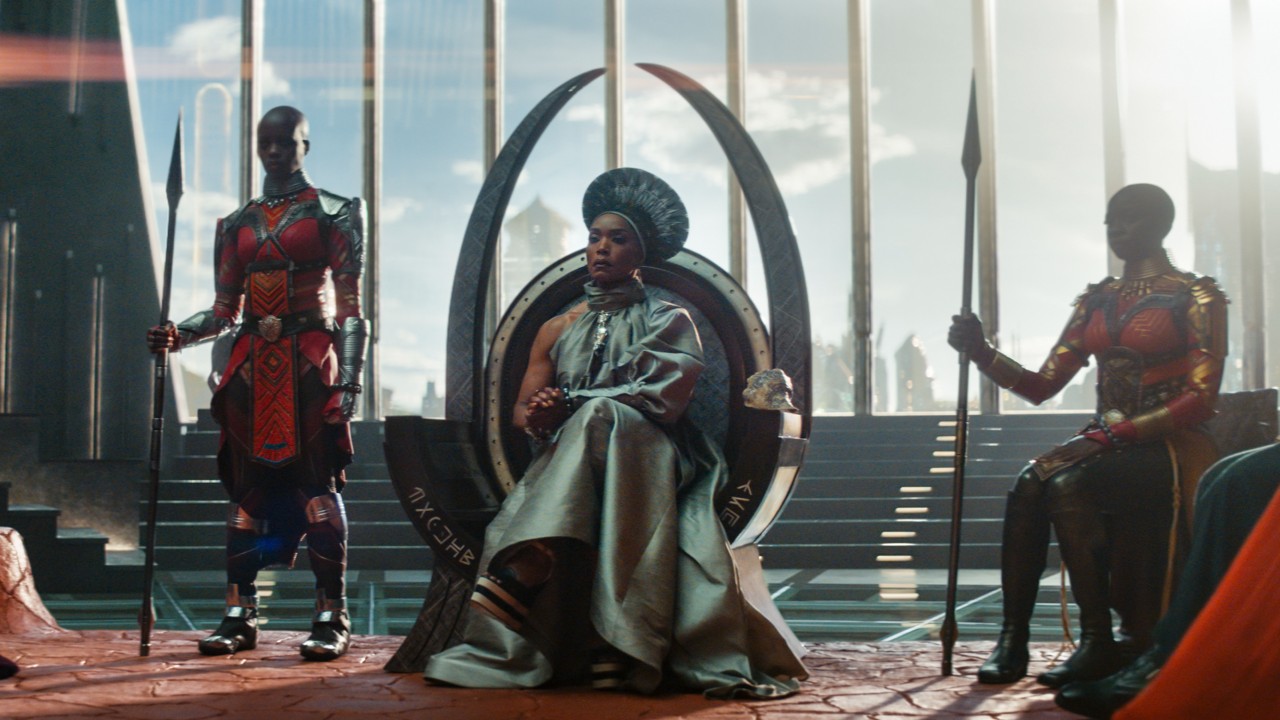As Hollywood Studios Remain Fixated On Streaming, Data Reveals Why It's Still Not The Best Money-Making Option
Streaming has a lot of positive benefits for Hollywood, but it may also be leaving a lot of money on the table.

Even before the global pandemic, Hollywood studios like Disney were very focused on streaming as the future of the industry. Most studios created their own platforms to host their own content for users to access, and when the pandemic did hit those platforms became the central way that studios released content while theaters were closed. Now things are changing, and while streaming is still a big part of the focus, there’s reason to believe that there’s still money being left on the table.
Now that theatrical distribution has returned, we’re seeing something of a two-pronged attack from studios, where films go from the box office to the major streaming platform owned by the studio. However, that has meant largely cutting out the home video purchase and rental market. According to Deadline, that market was worth $6.3 billion in 2022. That’s certainly not an insignificant sum.
While there are certainly some third parties who are interested in the rental market, like Redbox, as well as some of the digital storefronts that sell and rent movies, a lot of that money would go back to the studios, so certainly there’s an argument to be made that focusing on getting movies up on streaming platforms cannibalizes that business.

Piracy Is On The Rise Again, Likely Because Of The Increase In Streaming Services
At the same time, the subscription price of the various streaming platforms is a recurring revenue stream that the studio might not otherwise see from rentals or purchases. It used to be that every movie followed a similar path, from theaters to digital purchases to rental and then on to streaming, but now every studio is handling things a little bit differently as they each try and figure out what works best for their business model.
Deadline points out that Black Panther: Wakanda Forever, a major box office success, has never been released as a digital rental. It’s only been released in Redbox kiosks and it was made available for purchase the same day the movie hit Disney+. As such, anybody who has a Disney+ subscription had no reason to consider buying or renting it, and anybody who does not has limited options regarding how to watch the film now that it’s out of theaters.
Streaming has certainly been a disruptive force in the industry. It’s something that no studio can completely ignore, but how to integrate it into the previously existing lifespan of a theatrical movie isn’t clear. The fact that studios had to use it to get major releases out during the pandemic, thus creating consumers that have come to expect movies to arrive on streaming platforms before too long, certainly didn’t help.
It’s possible that we could see rentals and sales of media see a steep decline over the next several years. The big question, however, is if this will be an organic change, as consumers will simply see streaming as the place to watch movies after theaters, or if studios will push streaming themselves to the point that they essentially kill this additional market themselves.
Your Daily Blend of Entertainment News

CinemaBlend’s resident theme park junkie and amateur Disney historian, Dirk began writing for CinemaBlend as a freelancer in 2015 before joining the site full-time in 2018. He has previously held positions as a Staff Writer and Games Editor, but has more recently transformed his true passion into his job as the head of the site's Theme Park section. He has previously done freelance work for various gaming and technology sites. Prior to starting his second career as a writer he worked for 12 years in sales for various companies within the consumer electronics industry. He has a degree in political science from the University of California, Davis. Is an armchair Imagineer, Epcot Stan, Future Club 33 Member.
